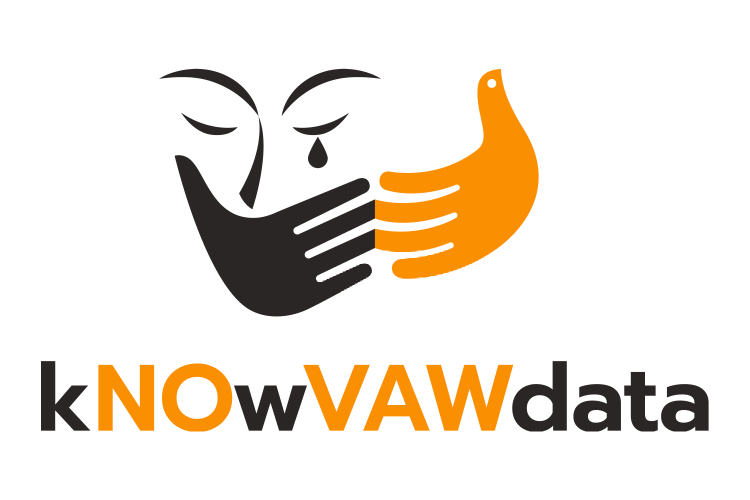Knowledge Hub

The Knowledge Hub provides links to resources supporting the measurement of violence against women and has been funded under the Pacific Spotlight Initiative. While starting with a primary focus on Pacific resources and global resources which are applicable for the Pacific region, the Knowledge Hub will continue under the UNFPA kNOwVAWdata initiative to support global knowledge exchange and a strong community of practice. The strength of this Knowledge Hub is the opportunity to share resources and support all regions of the globe.
If you would like to share links to be added to the Knowledge Hub, please send them to knowvaw-program@unimelb.edu.au.

Disasters, Crises and Violence Against Women: Evidence from Big Data Analysis – Lessons from Kiribati, Samoa, Solomon Islands and Tonga
Capturing accurate data on violence against women during crises is challenging, with survivors scattered and the confidentiality of their responses at risk. Taking these challenges into account, UN Women's Regional Office in Asia and the Pacific undertook a study harnessing big data from social media searches and posts, to uncover the discourse on VAW.

Children and Young People Bereaved by Domestic Homicide
This brief report conveys key findings from the study “Children and young people bereaved by domestic homicide: Understanding home, relationships and identity,“ with a focus on Australia.
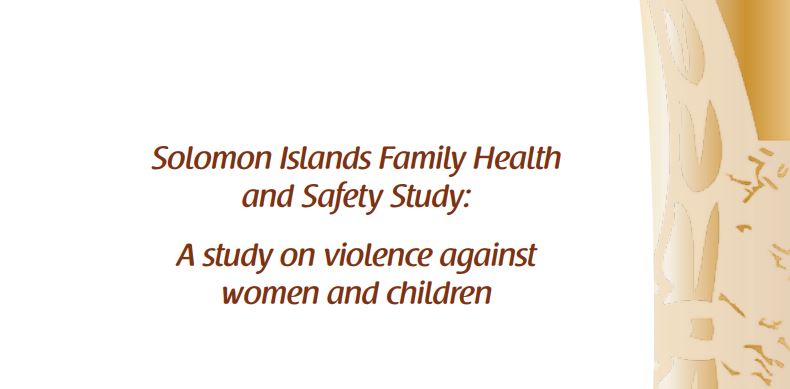
Solomon Islands Family Health and Safety Study
This report of the Solomon Islands Family Health and Safety Study analyzes data from the first nationally representative research on violence against women and children in this country.
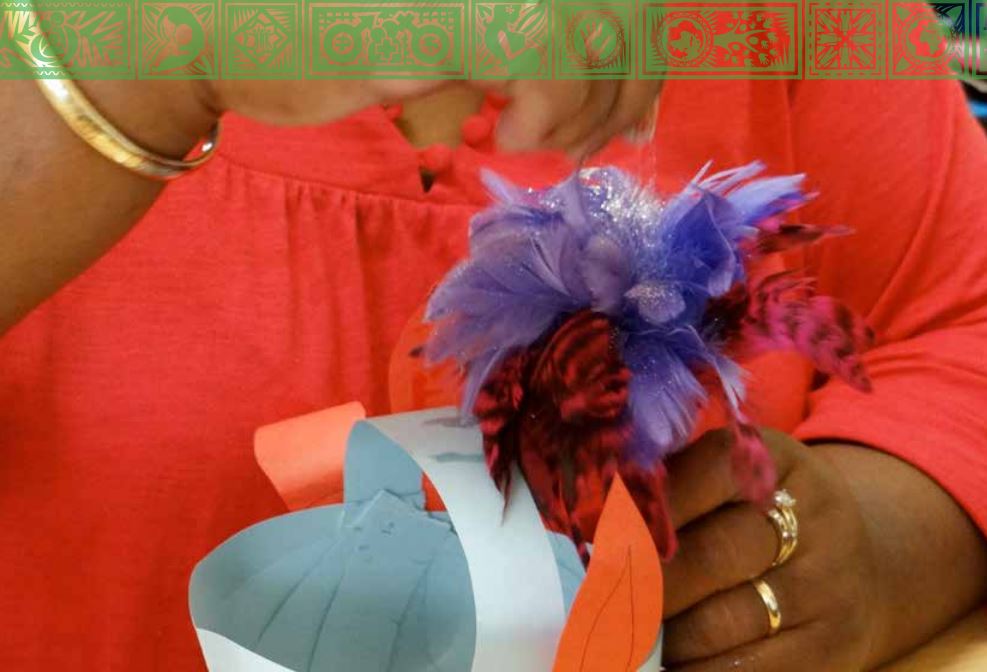
Nauru Family Health and Support Study
The Nauru Family Health and Support Study aimed at obtaining reliable information on violence against women (VAW), its characteristics, and consequences. Although the study initially sought to collect a nationally representative sample of women aged 15-64, due to a low response rate, its findings are derived from a reduced sample of eligible women in a small group of districts. The findings of this exploratory study, however, provide a preliminary understanding around VAW in the country and...
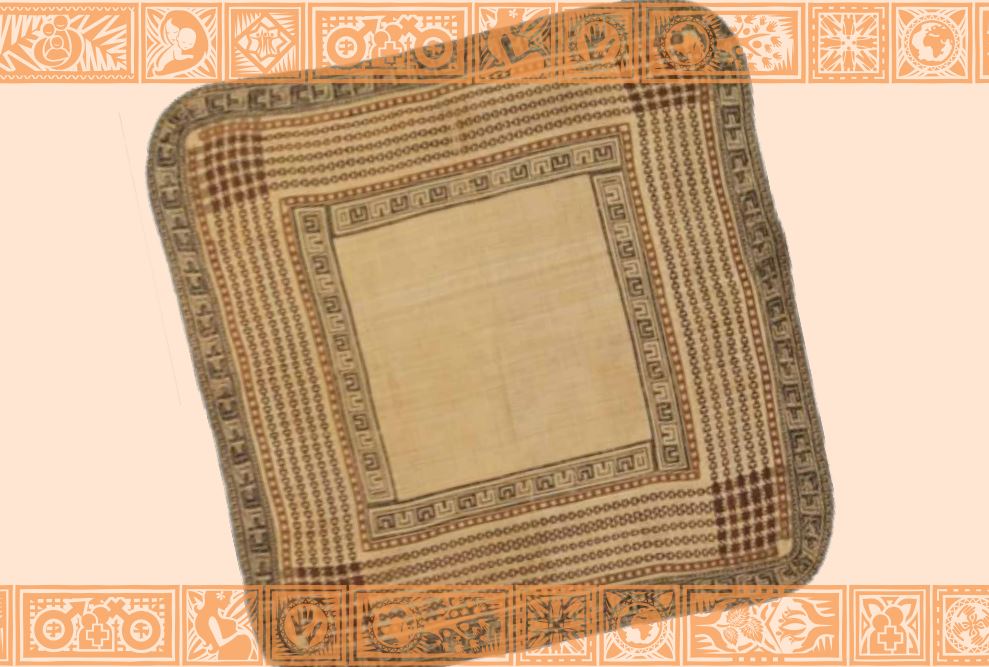
Republic of the Marshall Islands National Study on Family Health and Safety
The National Study on Family Health and Safety in the RMI consisted of two separate components: a quantitative study based on the methodology developed for the WHO Multi-Country Study on Women’s Health and Domestic Violence against Women; and a qualitative study based on data collection methods of previous studies.
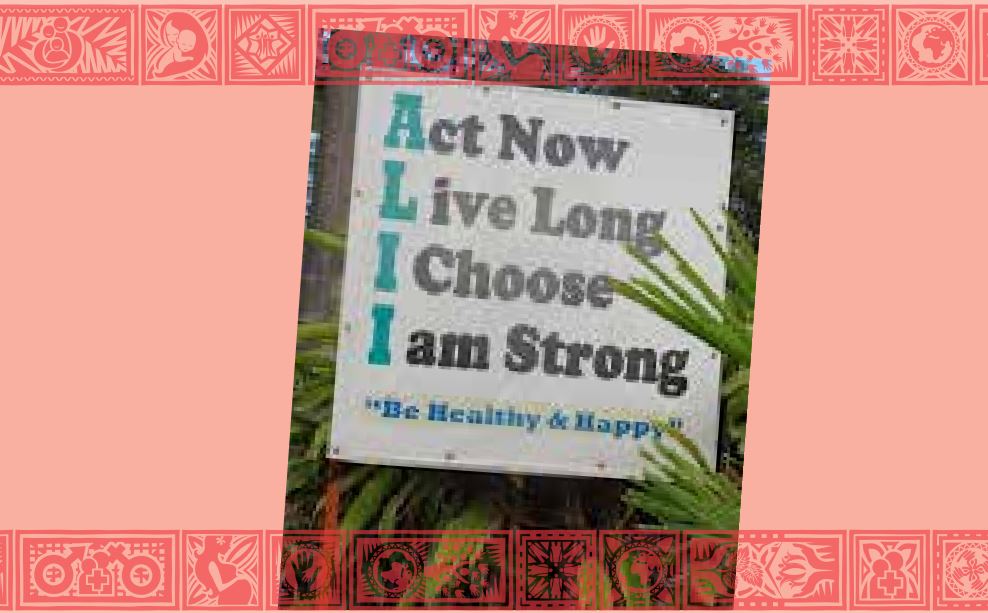
Belau Family Health and Safety Study National Research Project on Violence Against Women in Palau
The Belau Family Health and Safety Study (FHSS) aimed at obtaining reliable data on the prevalence and types of violence against women (VAW) in Palau. The study also sought to document the associations between partner violence and health issues and other outcomes, as well as to identify risk and protective factors for partner violence.

Federated States of Micronesia Family Health and Safety Study
The FSM Family Health and Safety Study (FHSS) aimed to gauge the prevalence and types of violence against women (VAW) in the FSM. The study also sought to document the associations between partner violence and the wellbeing of the woman and her children, as well as to identify risk and protective factors for partner violence.
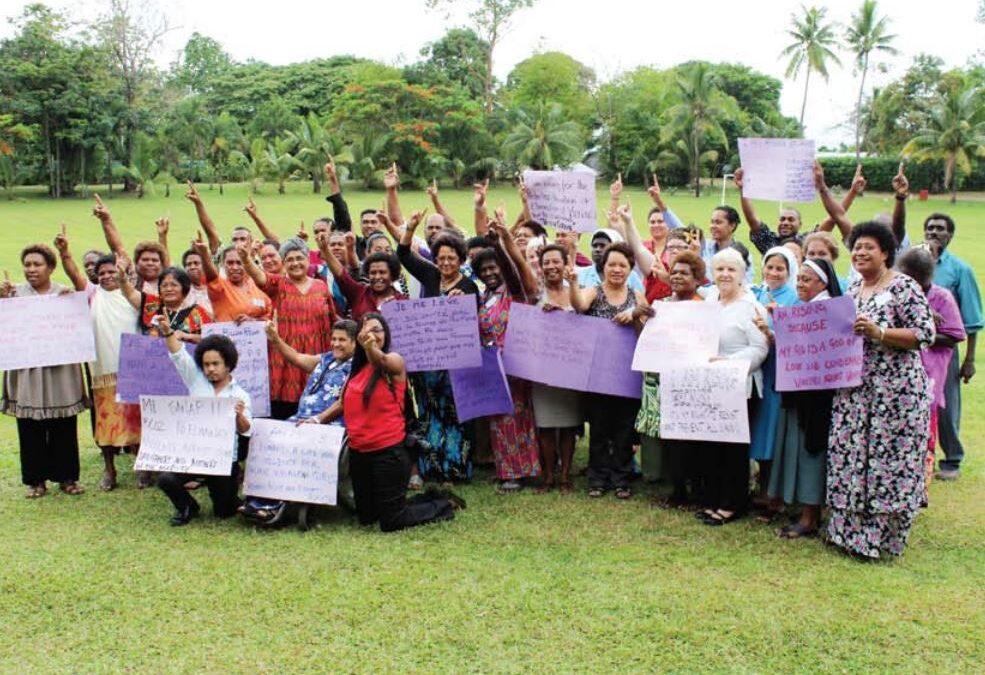
Somebody’s Life, Everybody’s Business! National Research on Women’s Health and Life Experiences in Fiji (2010-2011)
Somebody’s Life, Everybody’s Business is a national research on women’s health and life experiences in Fiji (2010/2011). It is a survey exploring the prevalence, incidence and attitudes to intimate partner violence in Fiji.
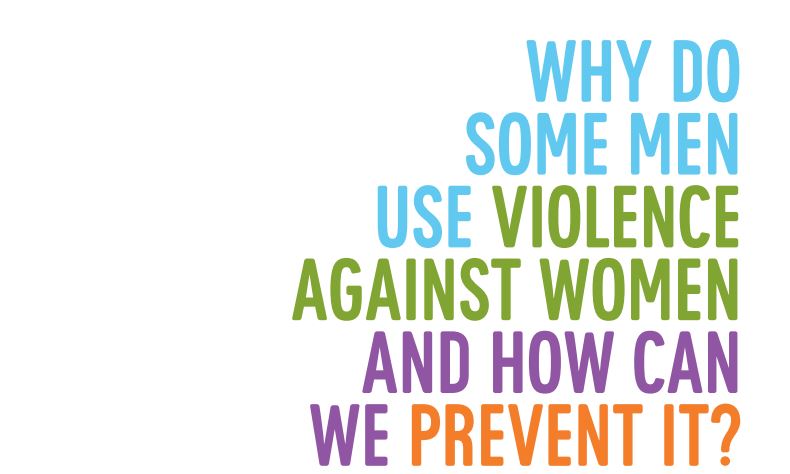
UN Multi Country Study on Men and Violence
A UN study of 10,000 men in Asia and the Pacific found that overall nearly half of those men interviewed reported using physical and/or sexual violence against a female partner, ranging from 26 percent to 80 percent across the sites studied.
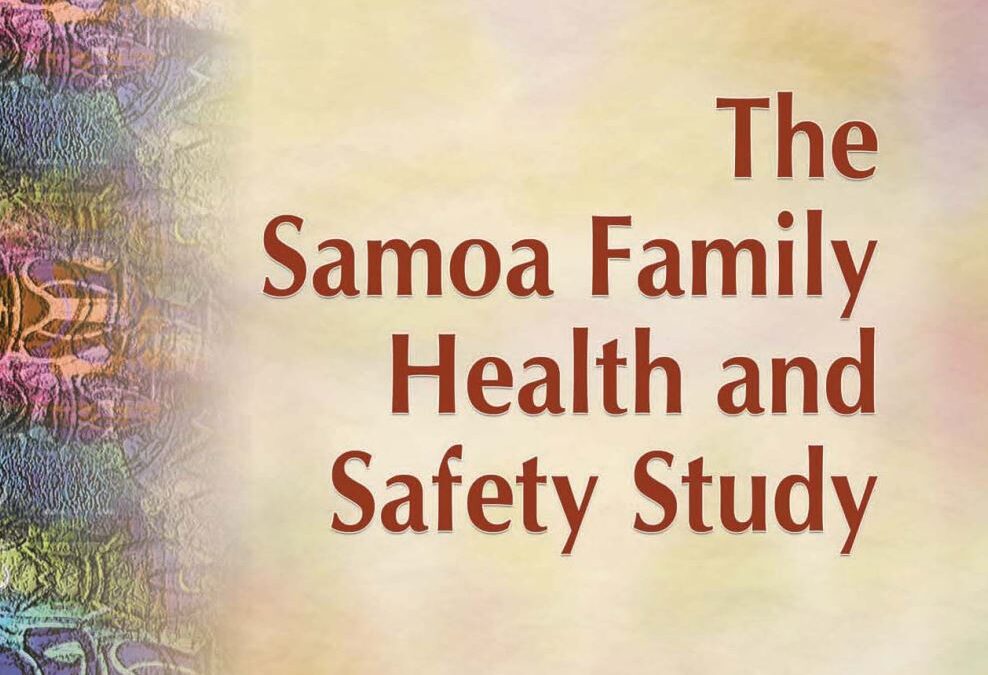
Samoa Family Health and Safety Study
The Samoa Family Health and Safety Study (SFHSS) is a component of the larger Pacific Multi-site Study of the Effects of Violence Against Women on Family Health and Safety, which is a joint research initiative of the Secretariat of the Pacific Community (SPC) and the United Nations Population Fund (UNFPA).
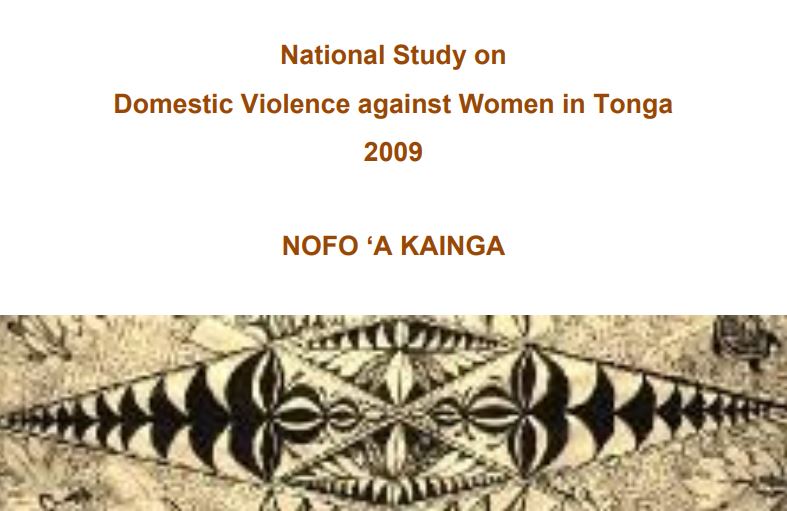
National Study on Domestic Violence on Women in Tonga
The National Study on Domestic Violence against Women in Tonga consisted of two separate components: a quantitative study based on the methodology developed for the WHO Multi-Country Study on Women’s Health and Domestic Violence against Women; and a qualitative study based on Tongan methodology of Talanoa and Nofo. The use of qualitative and quantitative components was to seek results that complemented each other.
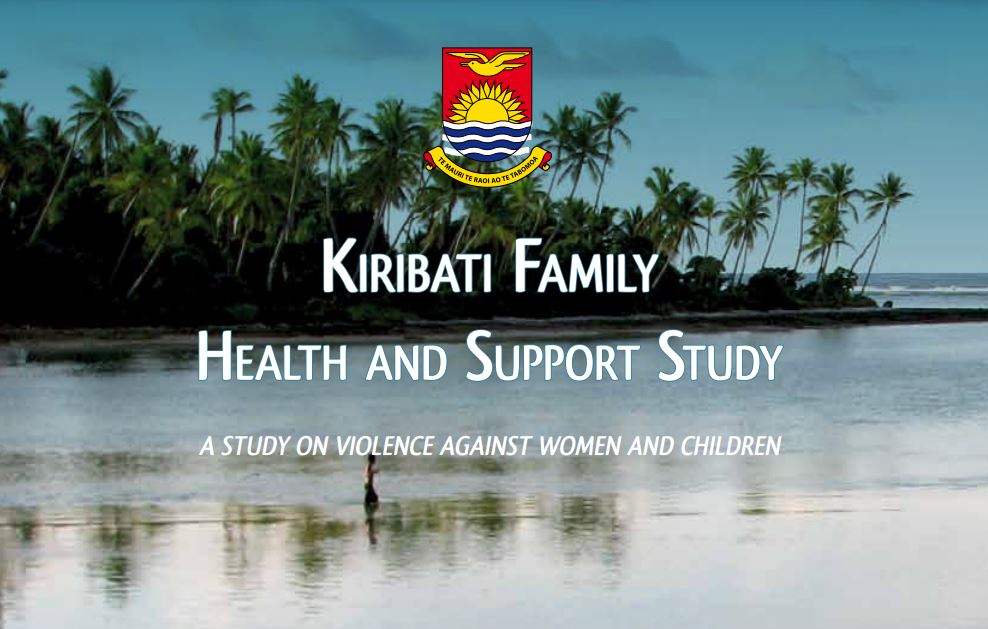
Kiribati Family Health and Support Study
This report of the Kiribati Family Health and Support Study analyses data from the first ever nationally representative child abuse in this country. This study replicates the WHO multi-country study on Women’s Health and Domestic Violence against Women.
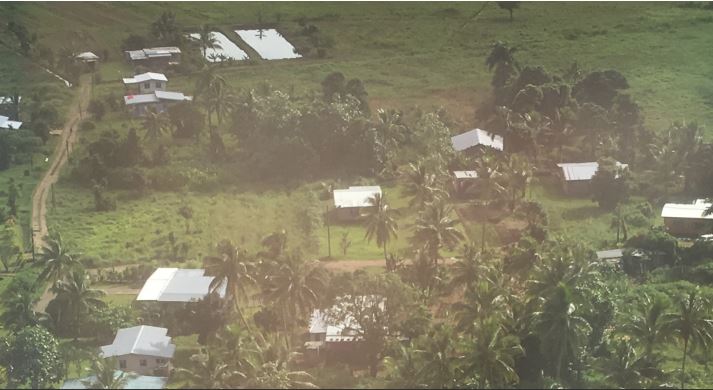
Exploring Multidimensional Poverty in Fiji: Findings from a Study Using the Individual Deprivation Measure
The Individual Deprivation Measure (IDM) is a new, gender sensitive and multidimensional measure of poverty. The measure assesses deprivation at the individual level, in relation to 15 key dimensions of life, making it possible to see who is poor, in what way and to what extent. This study explores what additional insights could be gained by individual-level, gender-sensitive poverty measurement in Fiji

Swimming Against the Tide: Lessons Learned from Field Research on Violence Against Women in the Solomon Islands and Kiribati
Lessons Learned from Field Research on Violence Against Women in the Solomon Islands and Kiribati
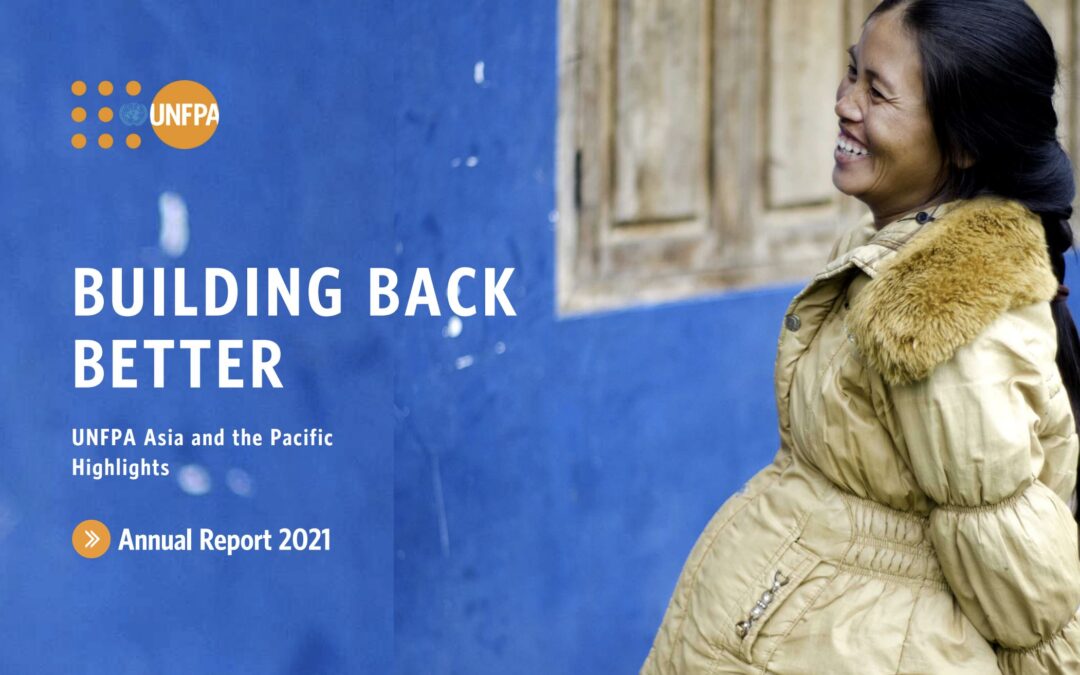
Annual Report 2021: UNFPA Asia and the Pacific
UNFPA across Asia and the Pacific outlining progress towards our transformative results of zero maternal deaths, zero unmet need for family planning, and zero gender-based violence and harmful practices against girls and women.

Guidelines for reporting violence against women
Guidelines for evidence-based media reporting on violence against women and their children. Australian National reporting guidelines available. Victorian (state of Australia) reporting guidelines also available.
